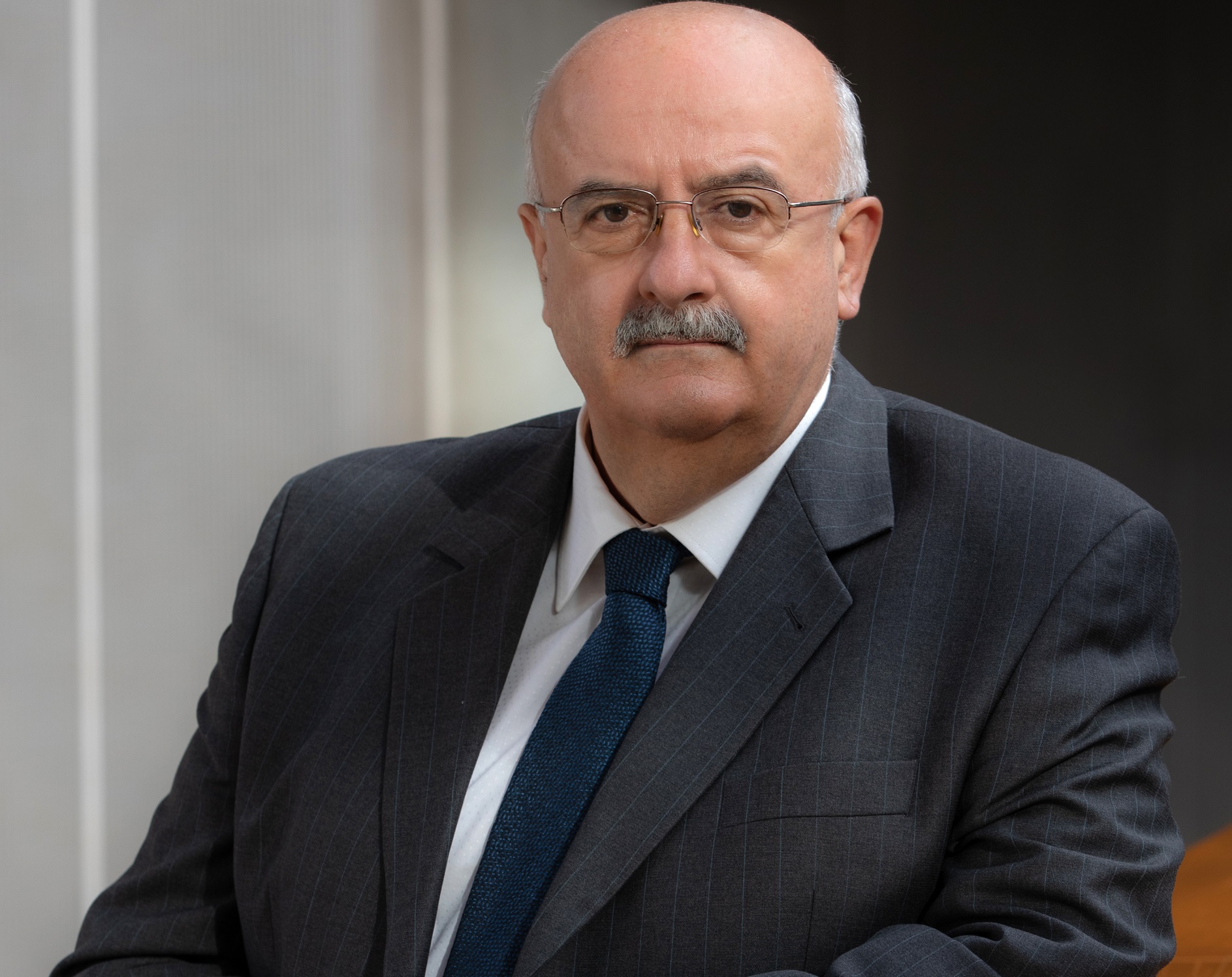With this phrase, Mr. Giorgos Perdikaris, President of TERNA, summarized the importance of the existence of a growing construction sector and a healthy activity of Greek technical companies, for the economic and social development of Greece, speaking at the "Infrastructure and Networks" conference that takes place today at the Athens Marriott Hotel.
Enumerating the multiple benefits of the construction industry for our country, Mr. Giorgos Perdikaris noted that the contribution of technical companies creates a multiplier value that goes beyond the obvious sectors of the economy and employment, as it extends and diffuses throughout social life.
"We have proven in practice that we are here when our country is tested, as our mobilization in all natural disasters has shown" he said characteristically, adding that "the Greek construction market, with all its problems and weaknesses, has an accumulated experience and a specialized knowledge that can offer solutions and help with very competitive approaches".
Mr. Perdikaris additionally emphasized the need for synergies in order to deal with the threats that are coming with increasing frequency and severity in the infrastructure sector. "Neither companies should replace the state, nor local rulers should replace the scientific and research community, nor populism should dictate the technical solutions. There are neither immediate nor magical solutions, especially if we want to deal effectively and over time with the environmental challenges, present and future" he said, pointing out that "the solutions require recruitment and sincere cooperation, each offering what it has as a comparative advantage" .
In this context and specifically referring to the role of infrastructure to protect human life from the climate crisis, the President of TERNA emphasized the fact that while we are called to "fortify" ourselves against the climate crisis and develop modern, green and more durable infrastructures that they will protect and improve people's lives, at the same time European resources are now channeled as a priority to the countries newly joining the European Union, and/or no longer earmarked for specific types of projects, such as roads. Consequently, according to Mr. Perdikaris, the Greek state must take advantage of the comparative advantage it has, relying on those Greek technical companies that have not only the know-how and the financial surface, but above all the consistency to invest in the country and they implement projects that offer substantial benefits to society as a whole.
"We are here and have been present for more than 50 years, with social welfare at the core of our every project," emphasized Mr. Perdikaris, even mentioning that TERNA currently receives only 35% of its backlog of projects from the Greek public, while 65% - i.e. projects worth approximately 3.8 billion euros - corresponds to private projects or projects carried out by TERNA that are private investments of the GEK TERNA Group, such as the Integrated Tourist Complex (IRC) in Hellinikon, the New International Airport Heraklion of Crete in Kasteli, Egnatia Odos, the Pumped Savings Bank in Amfilochia, etc.















